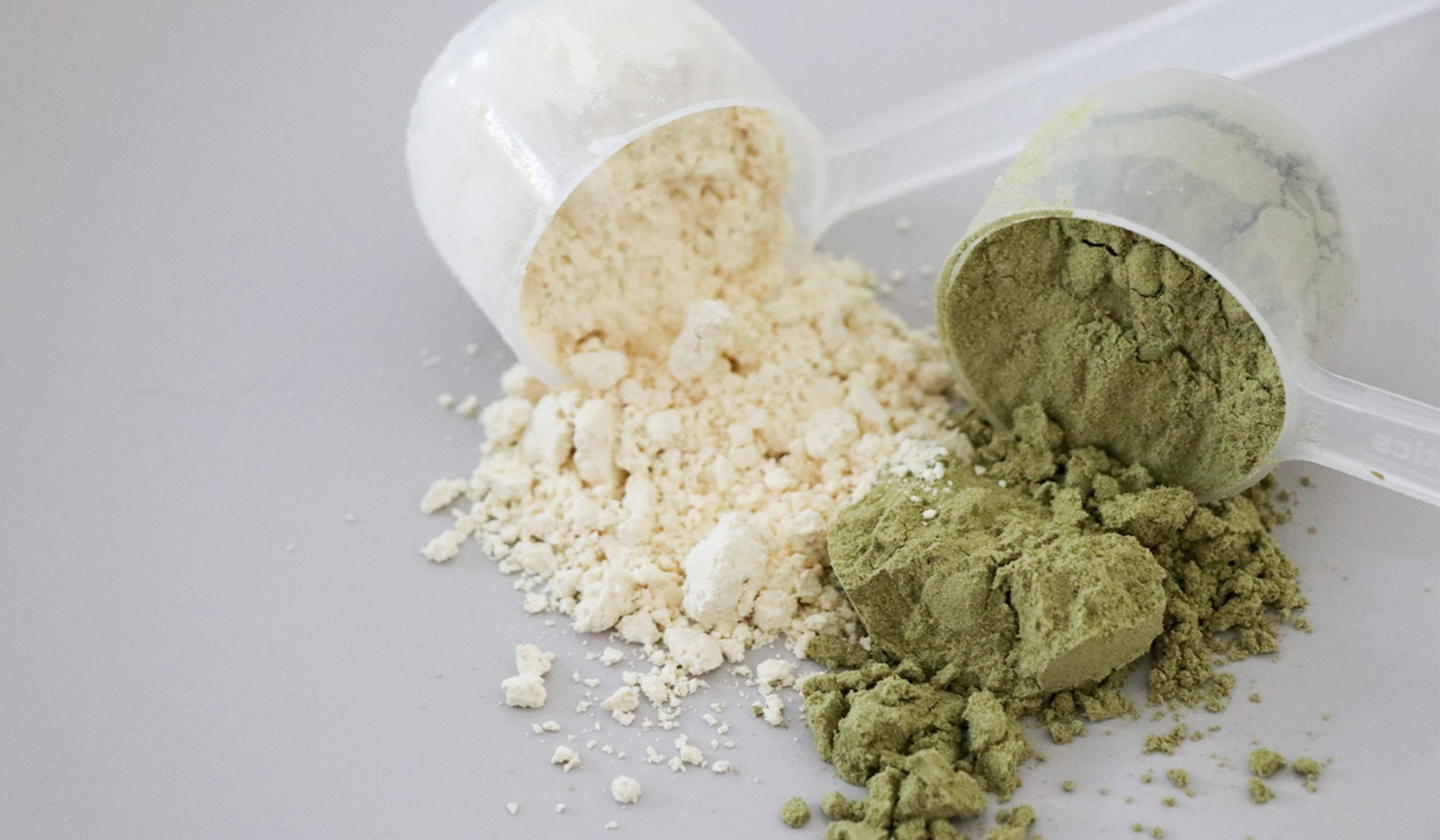The Scoop on Collagen
by Nicole Crotty, RDN, CD
Collagen supplements have become increasingly popular with their touted health benefits of improving skin health, alleviating joint pain, increasing muscle mass, and even promoting weight loss. But is there evidence to support these claims?
What is Collagen?
Collagen is the most abundant protein in the body. It is a structural protein naturally occurring within connective tissues, such as skin, bone, cartilage, and tendons. As you age, your body produces less collagen.
Collagen, like all proteins, is made from amino acids. Tryptophan is one amino acid that the body cannot produce; you have to get it from your diet. Since collagen does not contain the amino acid tryptophan, it is not considered a complete source of protein.
Collagen is found naturally in food sources such as bone broth, fish, egg whites, and spirulina. Eating foods high in vitamin C and zinc can help the body to produce collagen. Some dietary and lifestyle factors, such as high sugar intake and smoking, can damage your body’s collagen. In its whole form, collagen is not easily absorbed by the body. Many supplements contain collagen peptides which have been broken down to make them easier to digest.
Collagen Supplements
Collagen supplements range from powders and capsules to bars and baked goods. When reviewing the popular brands, serving sizes vary greatly. For one product, 6 capsules a day provide 3.3 grams of collagen peptides and costs $38. In another product, 2 scoops of powder provide 20 grams of collagen peptides and costs $25. So price, serving size, and collagen content vary widely, much like other protein supplements. If you choose to supplement with collagen, consider which option will work best for your lifestyle and budget.
Another controversy remains over safety. There is not much evidence to suggest that collagen supplements are unsafe but it’s important to consider the source of these products when doing your research. Bovine hide, chicken bones, and fish skin are common ingredients and may have potential for metal and toxin buildup within your body. Companies have begun to address these concerns with labeling such as “grass fed,” “pasture raised,” “ethically sourced”. Many companies label their product to acknowledge that they test for heavy metals to ensure they are safe to consume.
Conclusion
In short, collagen supplementation has the potential to promote positive health benefits, but with research still in early stages, there is little conclusive evidence to fully support these claims. If you do choose to supplement your diet with collagen, strive to include it as part of a balanced diet rich in a variety of protein sources, fruits and vegetables, low-fat dairy products, and whole grains.






